live Trump: Khamenei is dead
Follow the latest developments and global reaction after the U.S. and Israel launched “major combat operations” in Iran, prompting reta...
Israel’s targeted airstrikes across Iran on Friday have resulted in the deaths of high-ranking commanders and senior nuclear scientists, dealing a major blow to Iran’s military leadership and technical expertise.
Iran has confirmed the deaths of several senior military commanders and nuclear scientists following Israeli airstrikes across multiple cities, including Tehran, on Friday, 13 June. The operation, referred to by Israel as a pre-emptive measure, marks one of the most consequential single-day losses for Iran’s defence and scientific leadership in recent history.
Major General Mohammad Bagheri
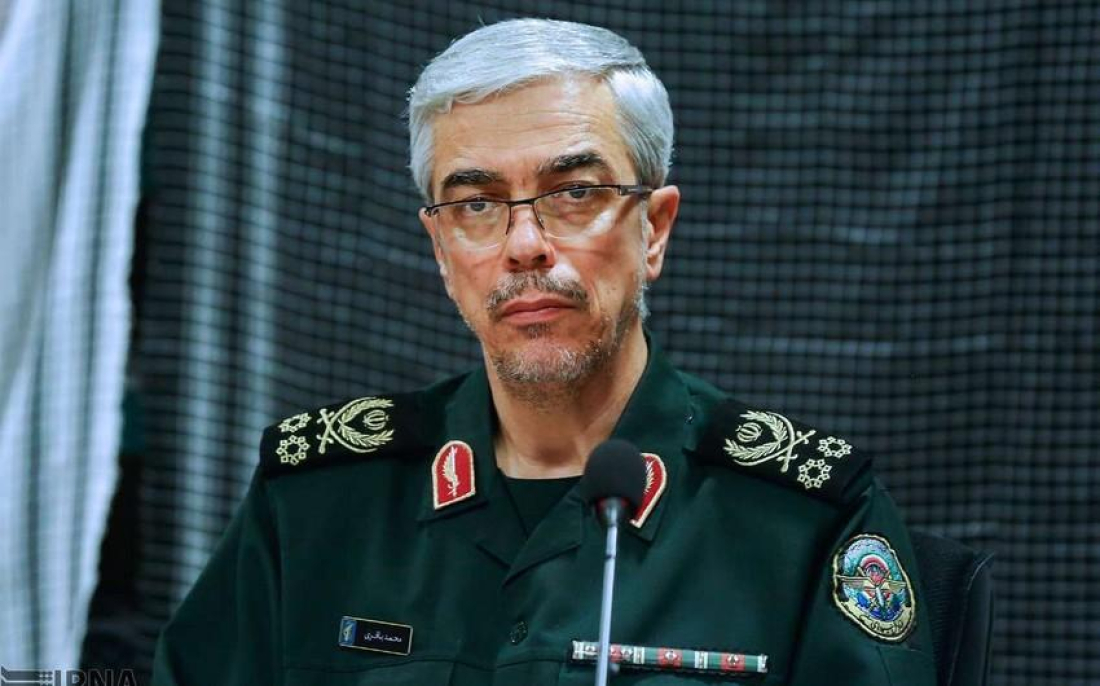
Major General Mohammad Bagheri was serving as the Chief of Staff of the Armed Forces of the Islamic Republic of Iran, the country’s highest-ranking military officer. Widely seen as the strategic architect of Iran’s defence policy, Bagheri coordinated operations across the conventional military and the IRGC. His leadership shaped Iran’s regional military posture, including its activities in Syria, Iraq, and Lebanon.
Major General Hossein Salami
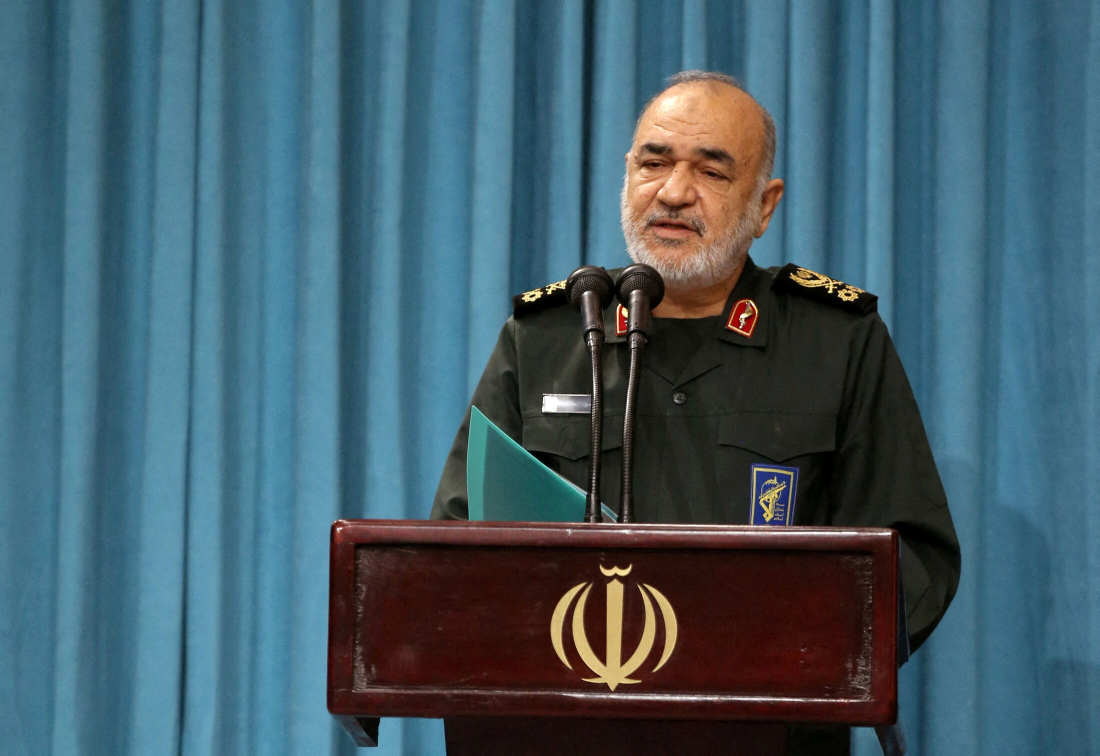
Hossein Salami held the position of Commander-in-Chief of the Islamic Revolutionary Guard Corps (IRGC), Iran’s most powerful military and ideological force. Appointed in 2019, he was known for his hardline views and direct involvement in shaping Iran’s missile and drone capabilities. Salami was often seen as a central figure in articulating Iran’s strategic red lines and deterrence doctrine against Israel and the United States.
Major General Gholamali Rashid
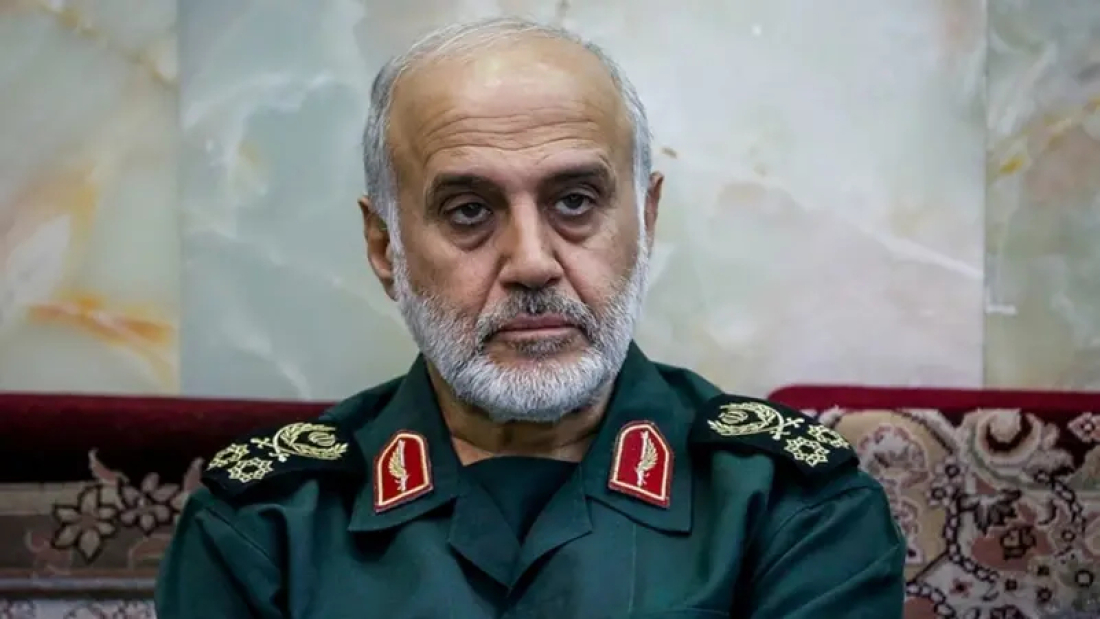
Gholamali Rashid led the Khatam al-Anbiya Central Headquarters, a strategic command centre responsible for Iran’s wartime operations and defence mobilisation. A veteran of the Iran–Iraq War and a long-time military planner, Rashid was a key figure in Iran’s command-and-control architecture. He maintained close ties with the Supreme Leader’s office and was involved in high-level military crisis planning.
Brigadier General Amir Ali Hajizadeh
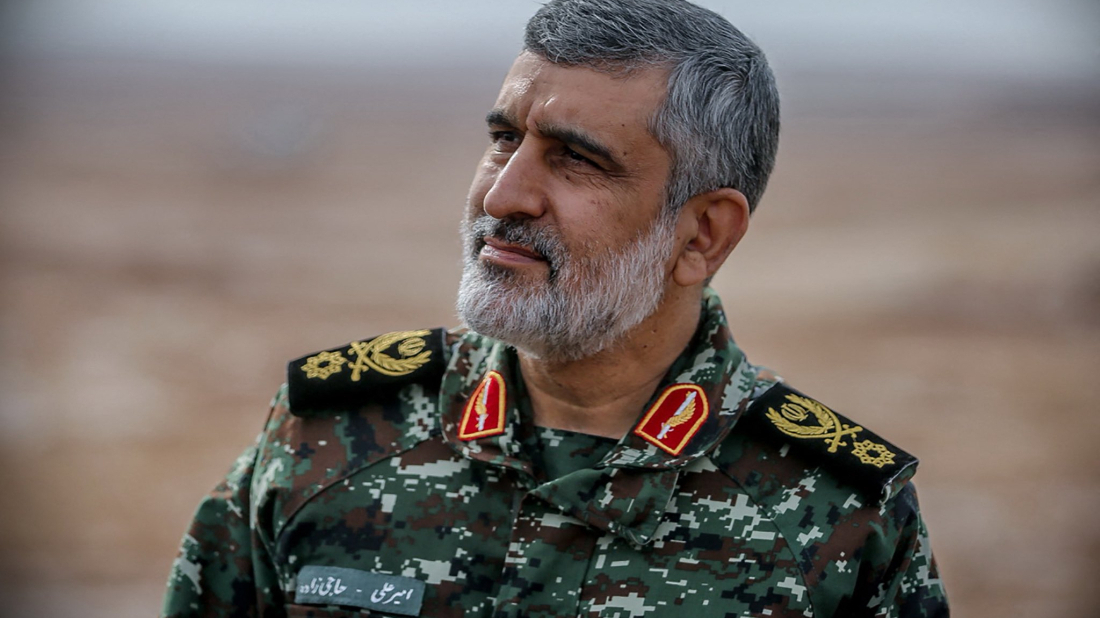
Brigadier General Amir Ali Hajizadeh served as the Commander of the Islamic Revolutionary Guard Corps (IRGC) Aerospace Force, overseeing Iran’s missile, drone, and space programs. He played a significant role in developing the country’s ballistic missile and UAV capabilities. His leadership in the Aerospace Force contributed to shaping Iran’s military strategy, particularly in regional conflicts such as those in Syria, Iraq, and Yemen. Hajizadeh's expertise in missile development was key to Iran’s defense strategy.
Dr. Mohammad Mehdi Tehranchi
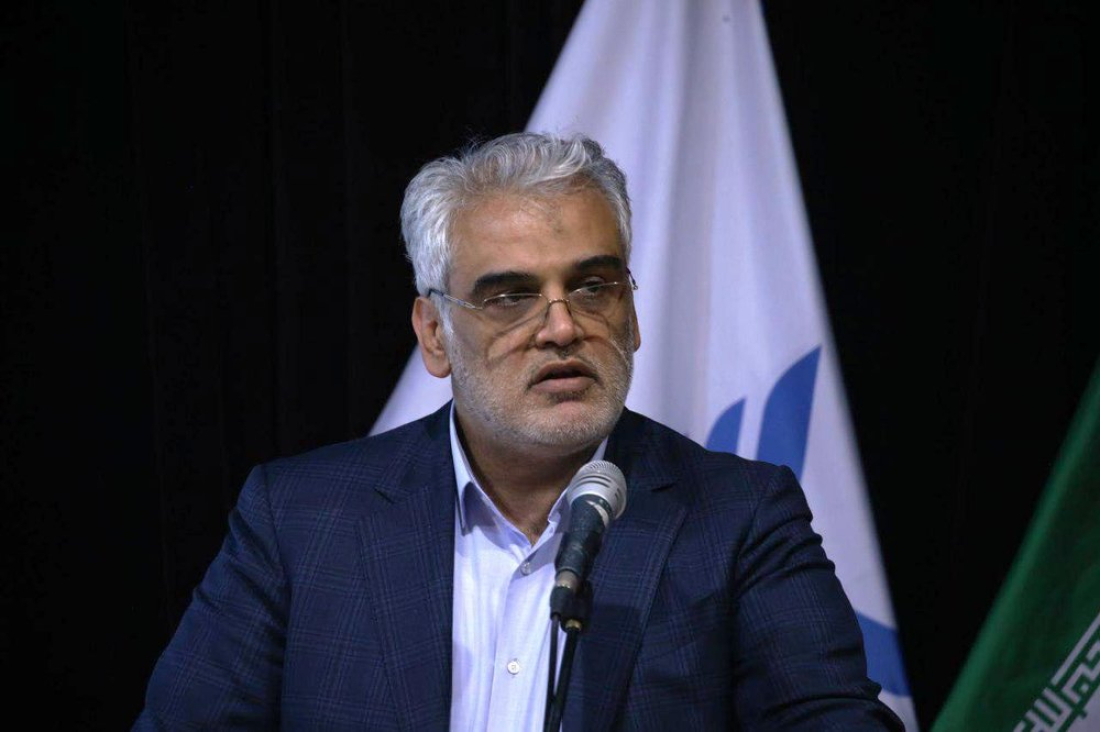
Academic Leader and Nuclear Physicist Linked to Iran’s Research Institutions
Dr. Tehranchi was a distinguished physicist and university leader, holding executive roles in Iran’s academic institutions, including Sharif University of Technology and Islamic Azad University. He played a central role in guiding Iran’s nuclear education sector and was regarded as a mentor to many scientists working in sensitive research areas. His death represents a significant loss for the intellectual infrastructure of Iran’s nuclear development efforts.
Dr. Fereydoun Abbasi
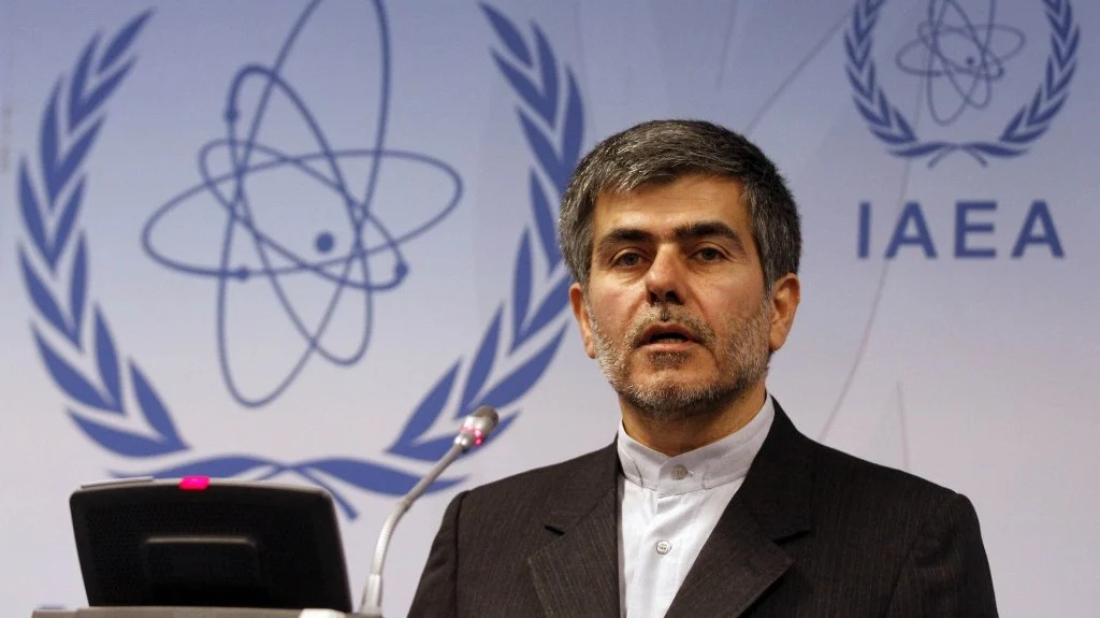
Former Head of Iran’s Atomic Energy Organisation and Nuclear Policy Architect
A nuclear physicist by training, Dr. Fereydoun Abbasi served as the head of the Atomic Energy Organisation of Iran. He was a central figure in developing Iran’s uranium enrichment capabilities and was previously sanctioned by international bodies for his role in Iran’s nuclear programme. In 2010, he survived an assassination attempt in Tehran. Abbasi remained influential in Iran’s energy and scientific policymaking, often appearing in public discourse defending the country’s nuclear sovereignty.
Other Nuclear Scientists Killed
Iranian state media confirmed the deaths of four additional nuclear scientists: Seyyed Amirhossein Faqhi, Abdolhamid Minouchehr, Ahmadreza Zolfaghari, and an individual identified as Motabizadeh. While limited public information is available about their individual roles, all were described as professors and researchers actively engaged in Iran’s national nuclear programme. They are believed to have worked on reactor systems, advanced centrifuge design, and enrichment technologies. Their deaths constitute a major blow to Iran’s institutional knowledge and scientific continuity in nuclear development.
National Mourning and Government Response
Following the airstrikes, the Iranian government declared a national period of mourning. In a televised message, Supreme Leader Ayatollah Ali Khamenei described the strike as a “bloody and wicked crime” and warned of severe retaliation. “The regime must expect severe punishment,” he said, adding that Iran’s armed forces would respond decisively.
Authorities have urged the public to remain calm and avoid unnecessary travel or panic. The Crisis Management Headquarters called on citizens to rely only on official sources for information and warned digital media users to prioritise public psychological security.
Follow the latest developments and global reaction after the U.S. and Israel launched “major combat operations” in Iran, prompting retaliation from Tehran.
Tensions between the U.S. and Iran are escalating, with Washington ordering a significant military build-up in the region and multiple countries evacuating diplomatic staff amid fears of further instability.
Two people were killed and around 40 injured when a tram derailed in central Milan on Friday (27 February), a spokesperson for the local fire service said.
Iran’s top diplomat said that the next round of nuclear talks is expected in less than a week after what he described as “progress in the most serious exchanges” between Tehran and Washington. The statement follows the third round of nuclear talks on Thursday (26 February) in Geneva.
Mexico’s President Claudia Sheinbaum on Thursday thanked FIFA and its President, Gianni Infantino, for reaffirming that the country’s 2026 World Cup host venues will remain unchanged, following violence that erupted after the killing of a major cartel leader.
Follow the latest developments and global reaction after the U.S. and Israel launched “major combat operations” in Iran, prompting retaliation from Tehran.
Journalist and International Affairs Commentator, Tom Gross, joined AnewZ from Tel Aviv to tell us why he thinks the attack happened now and whether this could mark the beginning of the end for the Iranian leadership.
Following the U.S.-Israel strikes, Iran has called for an urgent meeting of the United Nations Security Council to be held on Monday (2 March), and vowed strong retaliation to the attacks. Touraj Shiralilou sent this update from Tehran.
The international reaction to the U.S. and Israel’s strikes on Iran came in fast and strong.
Governments across the region responded swiftly to Israel’s strikes on Iran, closing airspace, issuing travel advisories and activating contingency plans amid fears of escalation.
You can download the AnewZ application from Play Store and the App Store.

What is your opinion on this topic?
Leave the first comment